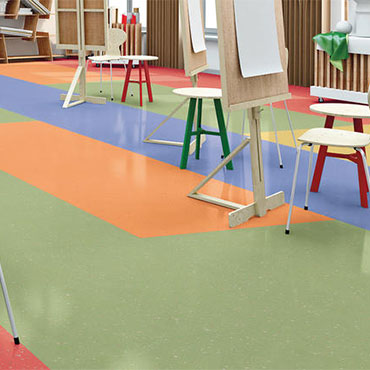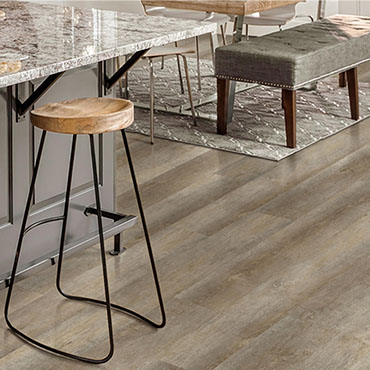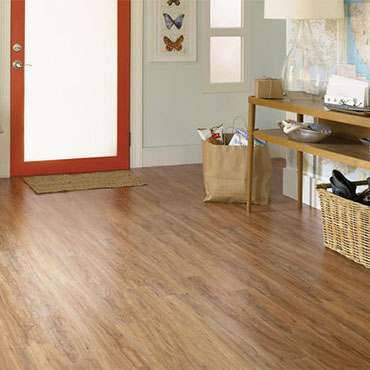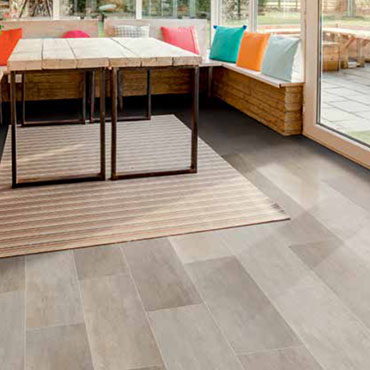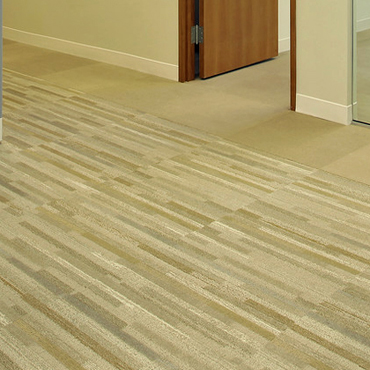

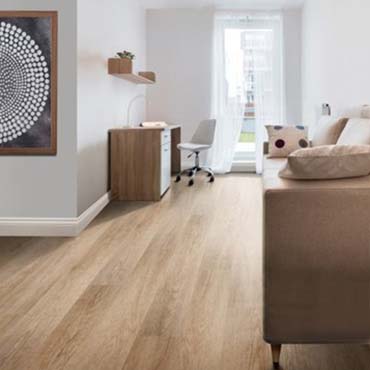
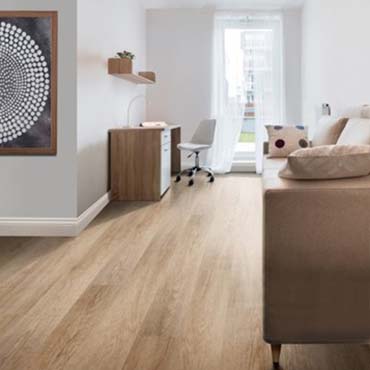

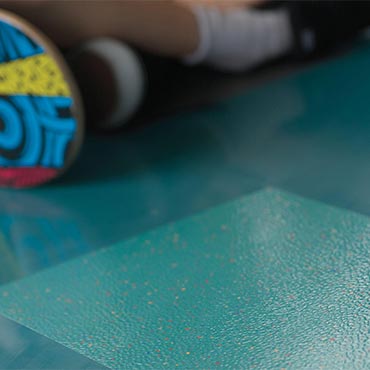


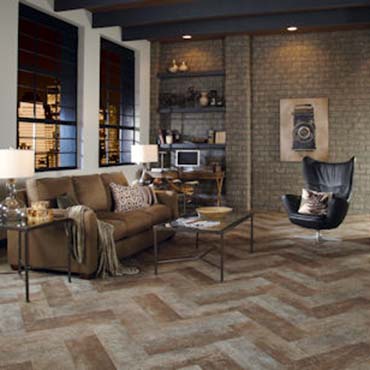


Guide
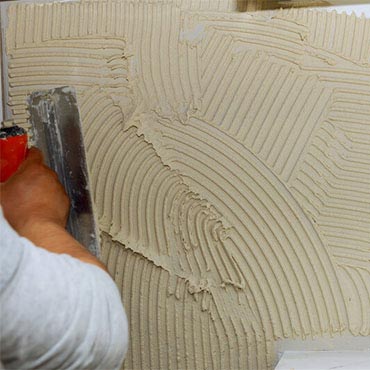

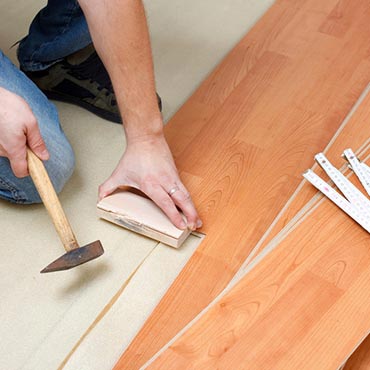
Laminate is a floor covering that appears similar to hardwood but is made with a plywood or medium density fiberboard core with a plastic laminate top layer. Laminate may be more durable than hardwood, but cannot be refinished like hardwood.

Laminate plank flooring is a multi-layer product fused together. Laminate flooring planks simulate wood grain with a photographic layer under a clear protective finish. It is usually easier to install and maintain than traditional hardwood flooring.
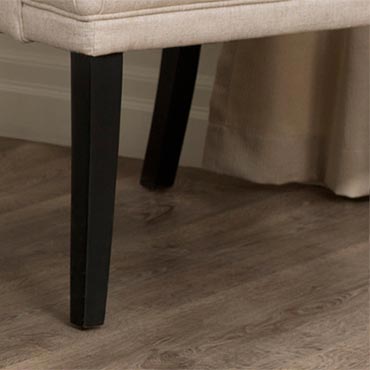
Discover Luxury Vinyl Tile (LVT) for a blend of style and durability. Perfect for any room, LVT offers high-end aesthetics with easy maintenance and resilience.

Discover the beauty and durability of Luxury Vinyl Plank Flooring (LVP). Ideal for any room, LVP offers a stylish look with easy maintenance and long-lasting performance.

Upgrade your space with Luxury Vinyl Flooring. Combining style and durability, it offers a high-end look with easy maintenance and long-lasting performance.
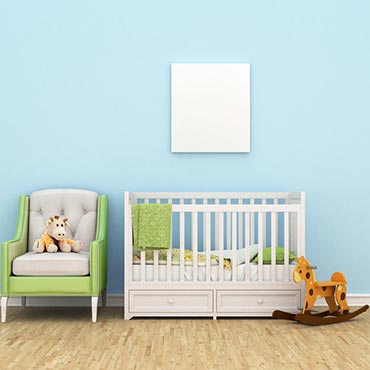
Discover the versatility and eco-friendly benefits of linoleum flooring. Perfect for kitchens, bathrooms, and high-traffic spaces.

Discover the versatile and durable Vinyl Cove Base, perfect for seamlessly transitioning floors to walls in both residential and commercial spaces.

Discover how Vinyl Composition Tile (VCT) combines durability, design versatility, and sustainability, making it the ideal flooring for high-traffic commercial and residential spaces.

Discover the versatility and elegance of Rubber Tile Floors, offering superior durability, comfort, and eco-friendly benefits for both commercial and residential spaces.

Discover the versatile and durable Rubber Sheet Flooring, perfect for high-traffic areas. Learn how it enhances both style and functionality in interior design projects.

Discover how rubber cove base enhances both functionality and style, making it a top choice for interior designers seeking durable, versatile, and sustainable design solutions.

Discover how resilient and vinyl flooring blends beauty and functionality. Perfect for kitchens, bathrooms, and living spaces, it offers a wide range of design options.

Sheet vinyl flooring has been around for decades and is still very popular. It's made using a printing process that mimics the look of natural stone, ceramic tile or hardwood. It comes in a roll that is cut to size, perfect for kitchens and bathrooms.

Discover how rubber flooring combines aesthetics, durability, and safety, making it the ideal choice for interior designers and decorators.
